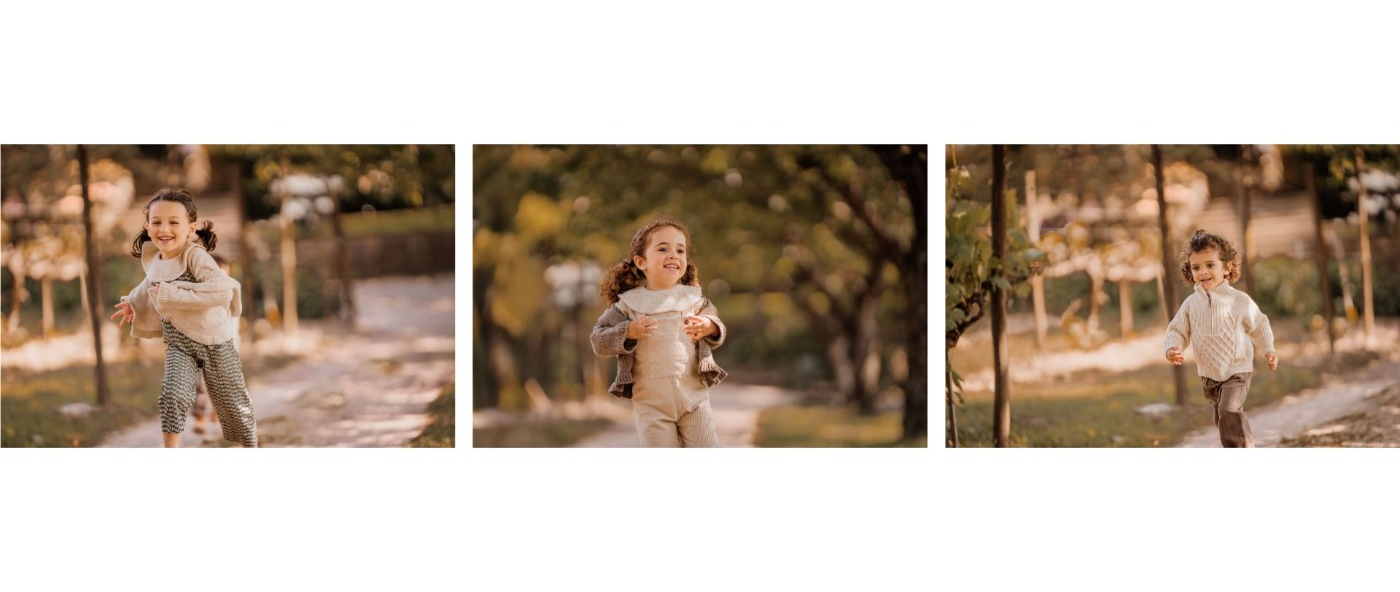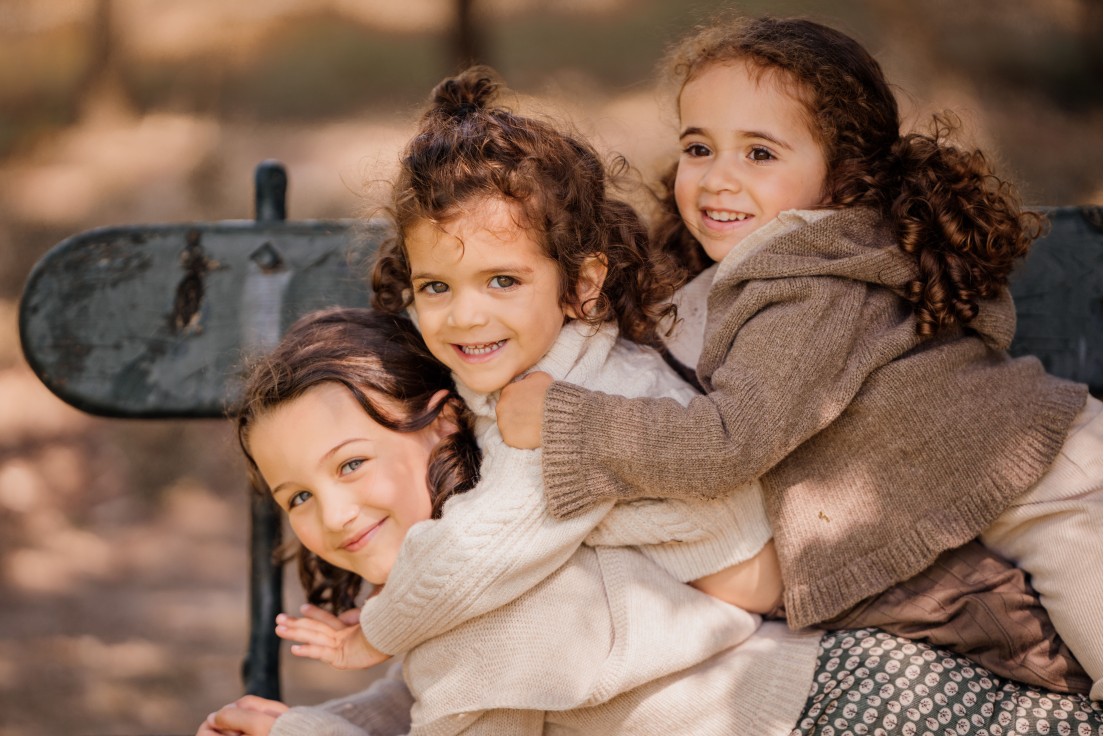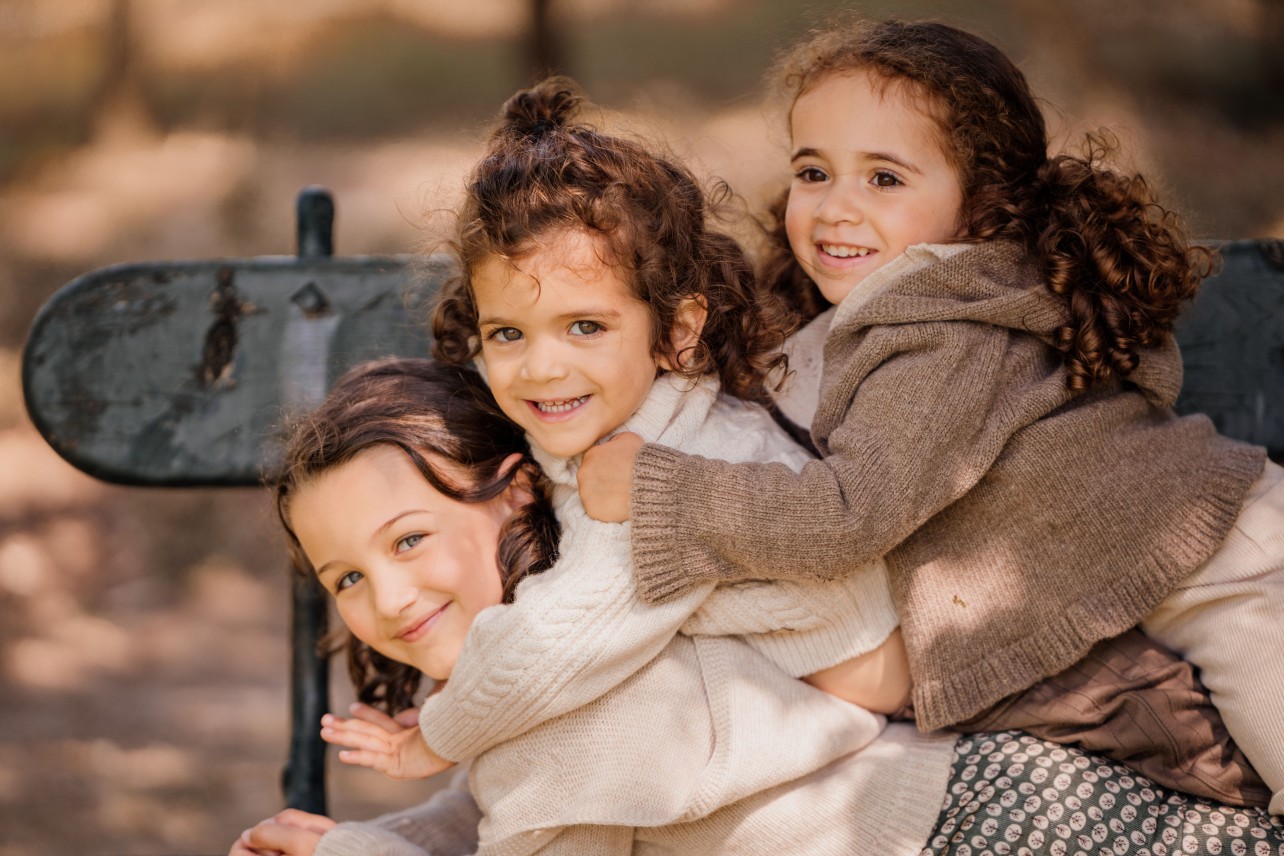Today we're going back to kindergarten to talk about first contacts. Yes, when our little ones leave home and start their journey to school. In this case, the kindergarten is one of the first places where the little ones will have their first contacts.
The kindergarten will be a new environment where the baby will spend a lot of time during the day, as well as interacting with their new colleagues and their educators and assistants. With such constant and daily contact, it's only natural that the little one's immune system is constantly put to the test and is faced with environments it has never been in before.
Researching this topic in greater depth, we realised that it is advisable to take certain precautions to avoid the spread of infectious diseases as much as possible. But, just between us, we can't control all the contact our little ones have during the day, so let's consider that this attempt at avoidance is only part of it.

We have already realised that a baby's immune system is very sensitive compared to an adult. There is a period of adaptation and gaining of defences that our little one will have to go through, so that in the future they will have a strengthened and strong system like the adult they will become.
However, we know that this phase is always complicated, because we don't like to see our little ones getting sick and, even for parents, it's a time of great concern and trying to make sure that everything gets well as quickly as possible and with the minimum of suffering.
With this in mind, we thought it was important to find out what kind of practices we can implement to minimise these contagions, even if our children are in places that are likely to cause them. Well, we've found a few tips that can help before we take our baby to kindergarten.
- We should wash our children's toys frequently;
- As hygiene is very important, it is crucial to create hygiene habits, such as washing hands before meals and after using the toilet, in order to avoid being exposed to environmental germs;
- We must make sure that the kindergarten kitchen is clean and that meals are cooked in according with certain hygienic measures;
- If the baby catches a cold or has a cough, we should avoid taking them to the kindergarten so that they don't infect other colleagues or get infected.
- Food also plays a fundamental role in strengthening the immune system and allows the baby to remain protected, even when the parents are not around. It is therefore essential that you contact your doctor so that you can understand the different practices you can apply when feeding your little one;
- We need to pay special attention to the places our little ones frequent; this will be decisive for them and for their parents.
In today's post, we wanted to emphasise this period of first contact, which can lead to contagion and periods in which we see our children fall ill. We know that this is part of this journey of growth and development, but we always want to avoid it as much as possible and make this period as easy and calm as possible.
What about you? How were your first days at the kindergarten? Did you apply any of the tips we've found and shared here today? Any tips you'd like to share with us? We want know your experience. We want to know your opinion.






